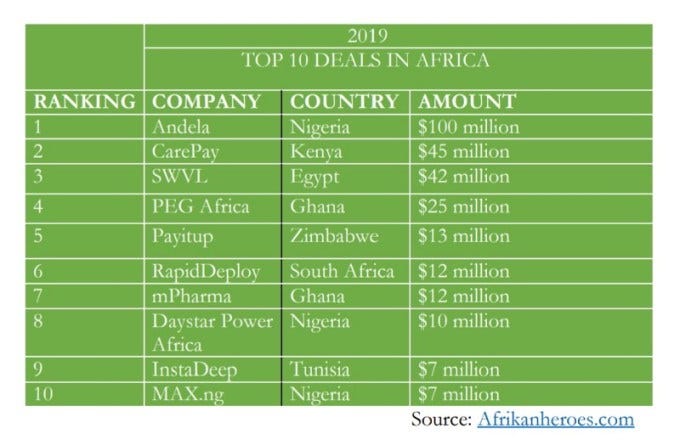Barely one year after it raised $42 million from investors, Egypt’s ride-sharing startup Swvl has sealed another $20 million in a new round of financing from existing and new investors, although the deal was concluded pre-pandemic.

“The entrepreneur here is of very high quality. Previously at Rocket and Careem, Mostafa Kandil has built a team that executes well and at high speed. In fact, I believe that Mostafa may be the first Arab tech entrepreneur that builds a global product. All the other successes coming out of the Arab world have been either built by foreigners and/or have been solely focused on the local region,” co-investor in the latest round, Vostok New Ventures noted in its last round in Swvl in 2019.
Here Is All You Need To Know
- This round of funding was confirmed in the recent financials of Vostok New Ventures, the Swedish VC that co-led Swvl’s $42 million Series B-2 in June last year.
- Vostok in its 2020 Q1 report said that it invested $7 million in Swvl in a larger funding round in February 2020, pre Covid-19.
- The report by Vostok does not reveal the exact size of the round but sources stated that it is between $24 to $28 million.
- Swvl ‘s latest $20 million funding has brought its total funding to nearly $180 million.
Not Afraid Of Competition
Although Swvl is the first riding app to offer bus services in Egypt, giant transportation startups Careem and Uber had before now offered their own bus services. Careem earlier this week announced that it is killing its bus-hailing service Careem Bus. The decision on Careem is not coming as a surprise as Uber had in March, 2019 announced a $3.1 billion purchase of the Dubai-based competitor. The Swvl-like service had launched in December 2018 and was available in Egypt, Saudi & Pakistan. Careem’s parent company Uber, however, continues to operate Uber Bus in Cairo.
In 2018, the startup was valued at nearly US$100 million, becoming the second Egyptian company after Fawry to reaches these figures.
Read also: Learning From Swvl, The Egyptian Startup That Is Challenging Uber In North Africa and The Middle East
A Look At What SWVL Does
- Founded in 2017 by Mostafa Kandil, Ahmed Sabbah and Mahmoud Nouh, Swvl connects commuters with private buses, allowing them to reserve seats on these buses and pay the fare through company’s mobile app. The buses available on Swvl operate on fixed routes (or lines) and are presently available in over 200 routes including in major cities like Cairo, Lahore, Alexandria, and Nairobi.
- The startup launched its bus sharing services in Nairobi early 2019 after raising more than US$30 million in 2018 at a valuation of approximately US$100 million.
- Although bus-hailing operations have been greatly affected by the coronavirus pandemic, the SWVL app which is available for both Android and iOS users has registered over a million customers who frequently use its services,
- SWVL also most recently signed an agreement with Ford motor company to deploy more cars on the road. Ford Transit, which the startup intends to use is already the third best selling van of all times. The startup is already in possession of about 100 Ford Transits. Hazem Taher, SWVL’s Head Marketing Manager, said the vans were ready to go and they’re excited to push them on SWVL’s route.
Charles Rapulu Udoh

Charles Rapulu Udoh is a Lagos-based lawyer who has advised startups across Africa on issues such as startup funding (Venture Capital, Debt financing, private equity, angel investing etc), taxation, strategies, etc. He also has special focus on the protection of business or brands’ intellectual property rights ( such as trademark, patent or design) across Africa and other foreign jurisdictions.
He is well versed on issues of ESG (sustainability), media and entertainment law, corporate finance and governance.
He is also an award-winning writer.


1 thought on “Egypt’s Ride-sharing Startup Swvl Raises Over $20 million In New Round Of Funding ”